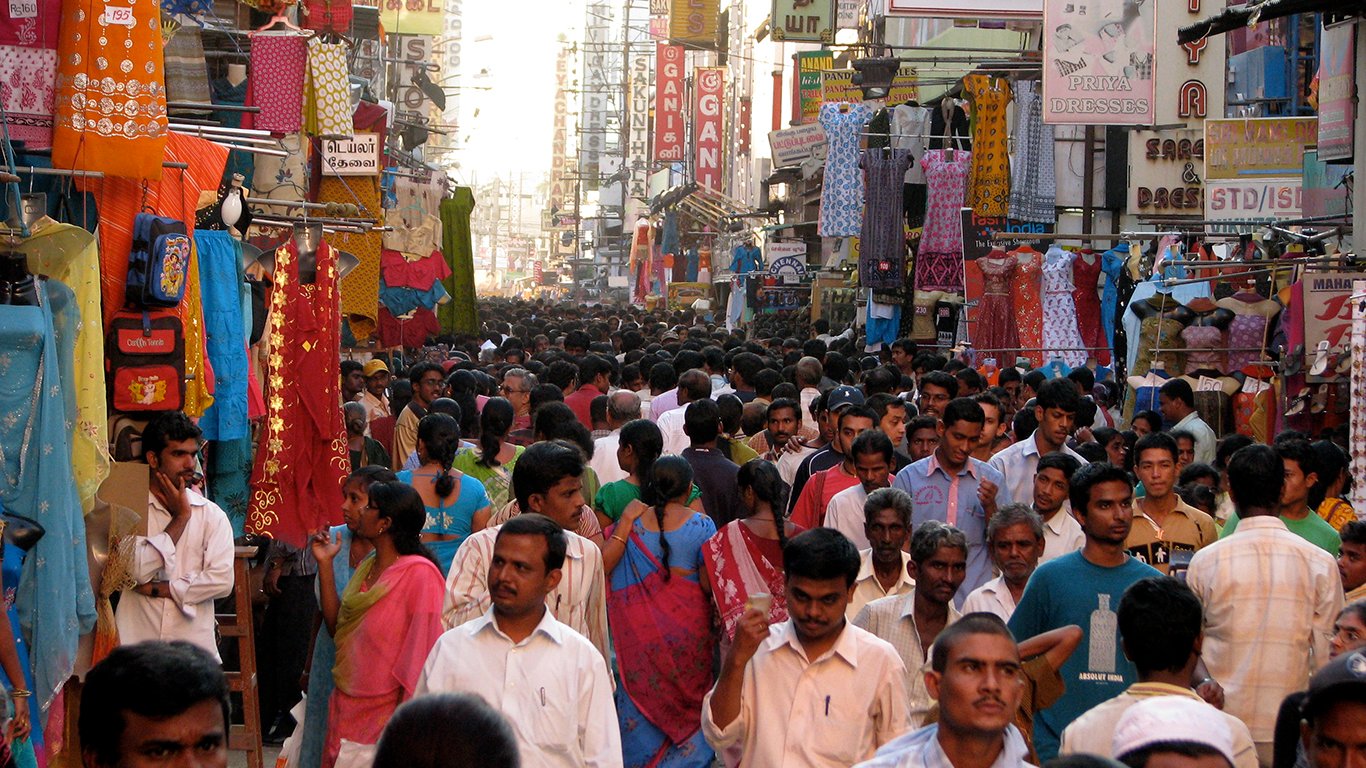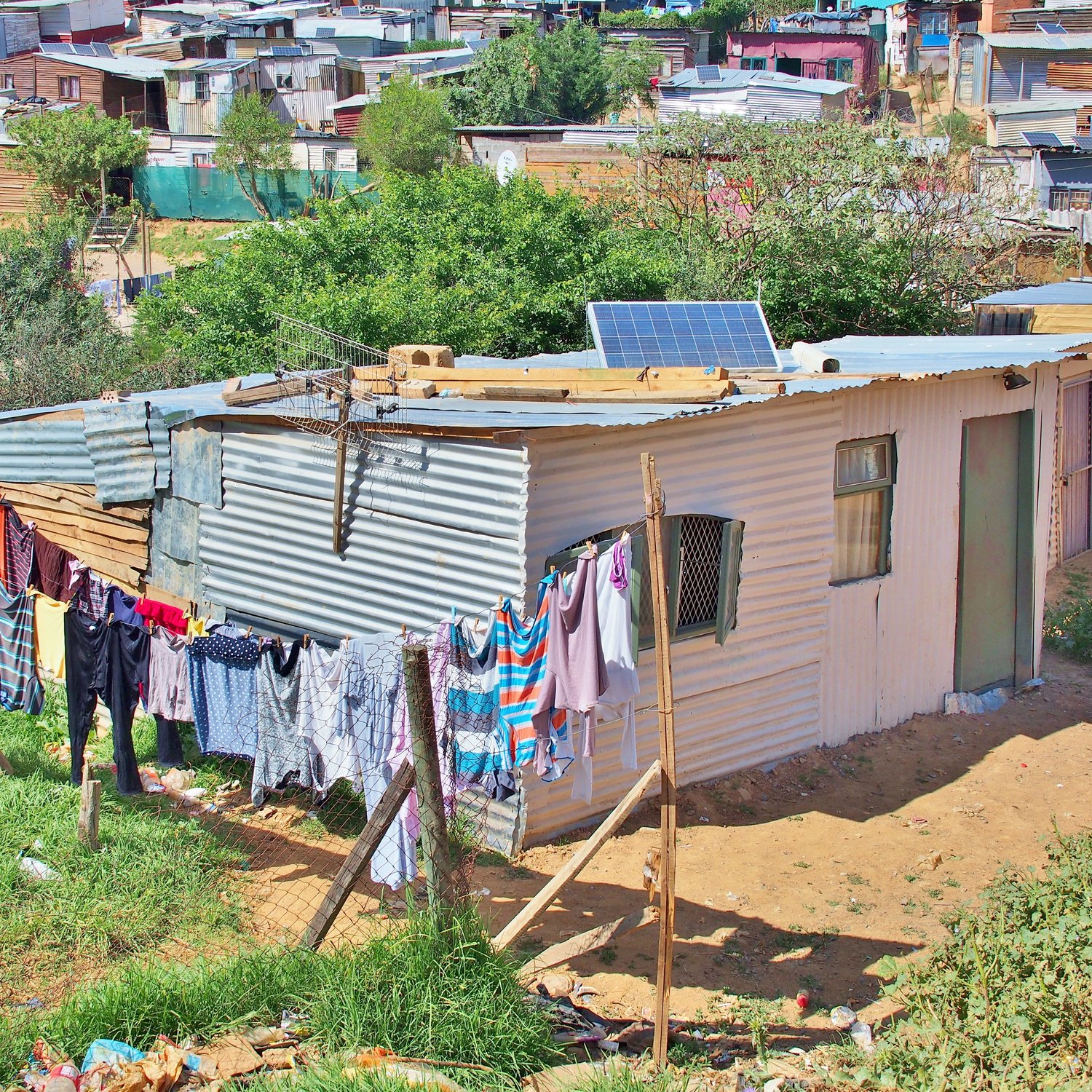

In 2016, a total of 38,947 rapes were reported in India. That’s 106 rapes each day and more than four per hour, every day of every week. Of every 10 rape victims, four are minor children. Even worse, 95% of accused rapists are related to their victims. Despite these appalling numbers, India’s conviction rate for rape is just 25.5%.
It is a horrific record like this that lands India at the top of the list as the world’s most dangerous country for women in a new report from the Thomson Reuters Foundation. India ranks as the worst in the world on three of six measures: sexual violence; culture and religion; and human trafficking.
The other three areas measured by the Thomson Reuters survey were discrimination, non-sexual violence and health. On each of these measures, India ranked third, third and fourth, respectively.
The survey was last conducted seven years ago and ranked the five most dangerous countries for women as Afghanistan, Democratic Republic of Congo (DRC), Pakistan, India and Somalia, in that order. In this year’s survey, results were expanded to rank the 10 most dangerous countries:
This year we set out to see if the situation had changed. We wanted to find out whether more was being done to address the overall risks faced by women, and specifically regarding healthcare, access to economic resources, customary practices, sexual violence, non-sexual violence and human trafficking.
Here’s the list for 2018:
- India
- Afghanistan
- Syria
- Somalia
- Saudi Arabia
- Pakistan
- DRC
- Yemen
- Nigeria
- United States
The United States ranked third-worst for sexual violence and sixth-worst for non-sexual violence. In the rankings for sexual violence, only India and the DRC were worse, and the United States was ranked lower than countries like Pakistan and Afghanistan. Women face a greater risk of non-sexual violence in the United States than they do in Saudi Arabia, Mexico or Somalia.
Thomson Reuters noted a pledge from world leaders made three years ago to eliminate violence and discrimination against women by 2030. Despite that commitment, it is estimated that one in three women globally will experience physical or sexual violence in their lifetimes.
Methodology:
The Thomson Reuters Foundation contacted 548 experts focused on women’s issues including aid and development professionals, academics, health workers, policymakers, non-government organization workers, journalists and social commentators.
Sponsored: Attention Savvy Investors: Speak to 3 Financial Experts – FREE
Ever wanted an extra set of eyes on an investment you’re considering? Now you can speak with up to 3 financial experts in your area for FREE. By simply
clicking here you can begin to match with financial professionals who can help guide you through the financial decisions you’re making. And the best part? The first conversation with them is free.
Click here to match with up to 3 financial pros who would be excited to help you make financial decisions.
Thank you for reading! Have some feedback for us?
Contact the 24/7 Wall St. editorial team.
 24/7 Wall St.
24/7 Wall St.


